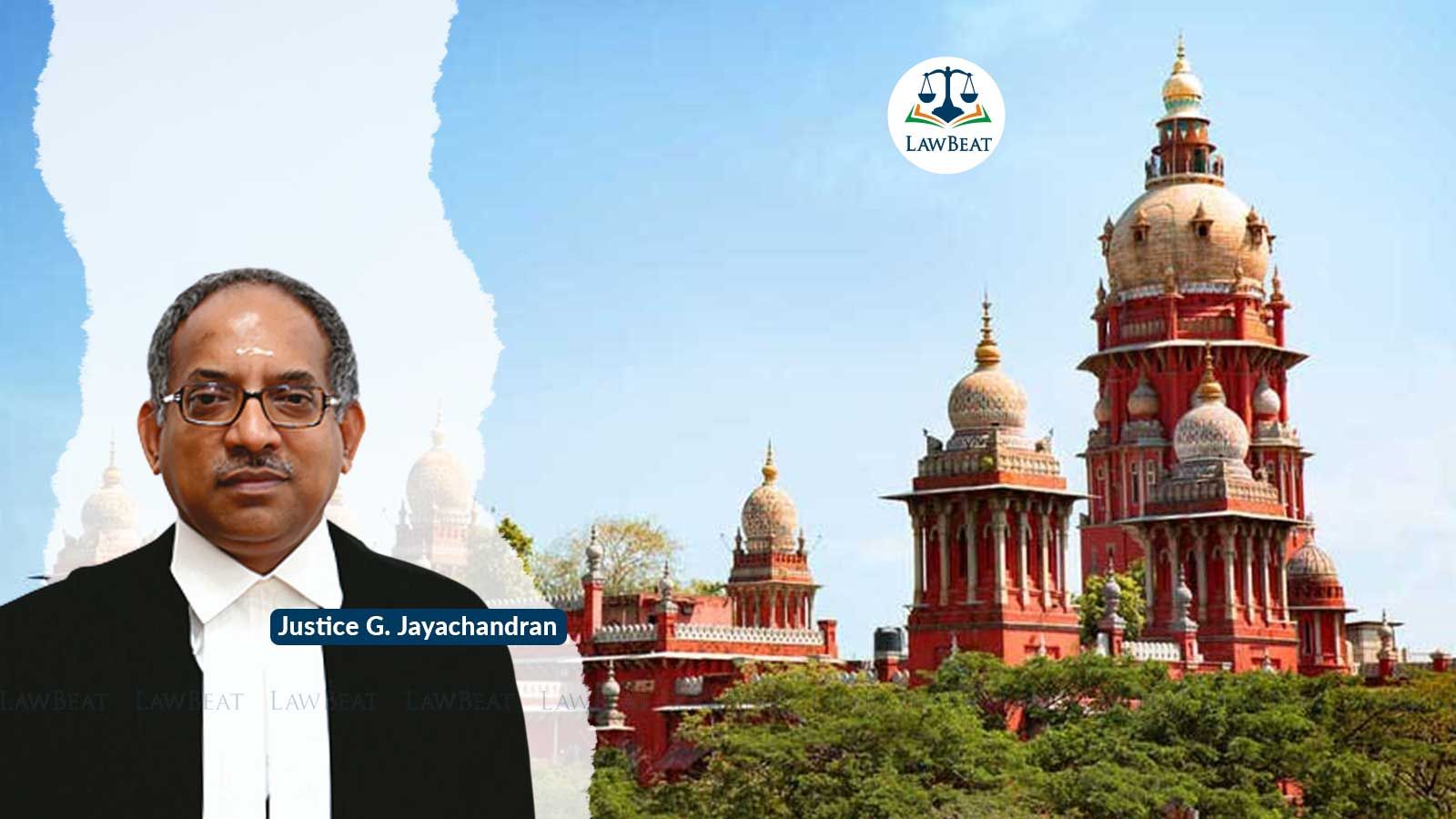Madras High Court Sets Aside Conviction of Major General for Corruption during IPKF's 1987 ‘Operation Pawan’ in Sri Lanka

It was claimed that the Major General had favoured some firms in local purchses while procuring supplies for the mission
Retired Major General AK Gupta's conviction by the lower court for corruption in procurement of supply/ration items during ‘Operation Pawan’ of Indian Peace Keeping Force (IPKF) troops in Sri Lanka in 1987, has been overturned by the Madras High Court.
The bench of Justice G Jayachandran extended the benefit of doubt to the Major General (Retired) while holding that the prosecution failed to prove the charges beyond doubt as alleged against him.
"Even assuming that the complaint from the higher officials of Indian Army has some substance to prosecute this appellant, those substance based on suspicion has not crystallized into evidence to prove the charges beyond doubt," noted the bench.
The single judge bench emphasised that even if it was assumed that the Major General had adopted corrupt practices by violating the purchase regulations for supply/ration items, it did not appear that any loss to the government had been caused "since the material had been supplied and utilized".
"...the said corrupt practice should have led to pecuniary advantage for the public servant or for any person to whom the public servant is interested with. In this case, it is admitted and proved that the rate quoted by A3 was the least price and therefore, there cannot be any presumption of loss to the State or wrongful gain to the supplier," court stressed.
A complaint was filed against Major General AK Gupta on November 5, 1990, by Colonel Administrator of Andhra Pradesh, Tamil Nadu, Karnataka, Kerala, and Goa Area [ATNKK & GA] Corps before the CBI.
It was alleged that Major General A.K.Gupta (Retired) was responsible for logistic support during ‘Operation Pawan’ of Indian Peace Keeping Force (IPKF) troops in Srilanka but he took advantage of his position and violated prescribed procedures, rules and regulations in the transportation of procurement of supply/ration items favouring certain firms which resulted in heavy loss to the State.
It was also stated that the above violation was investigated by a Court of Enquiry and based on the findings of the Court of Enquiry, disciplinary action was initiated and the officer was sent to face General Court Martial. However, he escaped from custody on June 9, 1990, and was later found in Delhi by the Andhra Police on October 29, 1990.
Due to his escape from custody, the time to complete the Court martial proceedings lapsed and the case became time-barred to be tried by the Army Authorities. Hence, the CBI was requested for investigation and further action.
The CBI registered the complaint against Major. General A.K. Gupta (retired) and others for offences punishable under sections 120 B r/w 420, 468, 471 IPC and 13(1)(d) r/w 13(2) of PC Act, 1988.
The trial got completed on May 6, 2013, in which the Major General was convicted under Section 120B of the IPC and Sections 5(2) r/w 5(1)(d) of the PC Act, 1947 and got sentenced to undergo 2 years of rigorous imprisonment along with other punishments.
In his appeal moved in 2013, the counsel for the Major General (Retired) argued that since there was a shortage of supplies, local purchases were made which was permissible. He further contended that the prosecution had not made those officers witnesses who were included in the committee that had approved the local purchases.
Court noted that from the evidence on record, it was clear that, the decision to go for local purchase was not a unilateral action rather it was a collective decision.
"The regulation of Army does not prohibits local purchase and the Meat Tinned Kheema purchased from A-3 was during the peak of IPKF action at Srilanka. When the regulation permits upto 15 days stock, local purchase can be done in case of urgency," further noted the court.
Court further pointed out that the trial Court had only referred the stock position in the supply depot at India and not the requirement of the troops in Sri Lanka for which the purchase was made.
Regarding the allegation that the price paid was excessive, the high court held that the witnesses from Army had invariable admitted that there was no short supply and supply made under these invoices was fully utilised and there was no complaint on quality or quantity.
Therefore, while highlighting that there were only suspicions on presumption against the accused persons not a case beyond doubt, court allowed the appeal and set aside the decision of the trial court.
Case Title: Major General A.K.Gupta v. State
